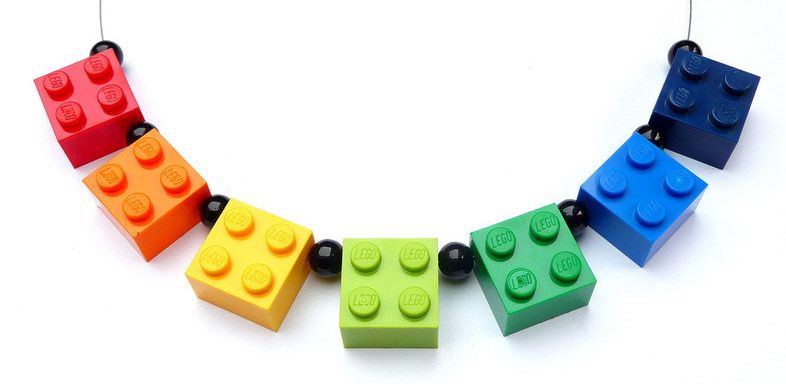
The term blockchain has been buzzing around for over 5 years, and with the (currently) increasing value of bitcoin it doesn’t seem to fall in popularity. Consequently, we’ve had a number of users ask us about our view about blockchain and if we would incorporate it in our tool.
I can assure you: we won’t. Not now and not in the foreseeable future, as it holds no value to us. Nor should it in any other tool where privacy is paramount.
To know why, we have to go over some basic blockchain principles.
How does it work?
In essence a blockchain is nothing more than a list of transactions or events ‘chained’ together in a set sequence, a ledger if you will. Playing this sequence of transactions from the very first entry to the last should give you the current state.
Take for example a bank account. The current sum of money is the result of all individual transactions combined.
With blockchain however, this list of transactions is not just logged by the bank, but sent to everyone involved. New members will get a full copy of the log, or at least access to it.
Of course a lot is happening behind the scenes to make this possible, but we won't go into details there.
It basically means everyone can see and validate the events and nobody should be able to alter the history. In a blockchain you can only go forward which means your history will be very transparent, making it (allegedly) impossible to tamper with.
Is it the future (for transferring files)?
Not exactly. It has a limited number of proven applications, and for those it may play a vital role, but file sharing is not one of them. There are many reasons but for now let's just focus on one: the blockchain ledger.
Many peers would have to hold a copy of the ledger. This is required in order to add new entries on the chain. Data on the ledger can never and should at least never be altered, leading to a very long chain of data.
The bitcoin blockchain is currently already over 300GB in size and the ethereum already surpassed 1TB . Mind you, these are only the transactions, no other data is currently attached to this. Imagine you would share a 1GB file on the blockchain. Everyone holding a copy of the ledger would get a permanent copy of your 1GB file on their machine.
Does it enhance your privacy?
It most certainly does not. Transactions can and should be traced back to you. Otherwise there’s no way for you to prove a certain transaction was made by you, or to you. In fact, everybody can see exactly what you did, because that’s the idea.
But you can use encryption!
You can add an encryption layer to almost any technology, but that doesn't necessarily make it a better technology. Anyone would still be able to see you shared a file of an approximate size at a precise moment with a specific person.
Is the blockchain a safe way to store data?
Yes and no.
Blockchain makes it very difficult to commit fraud, but with great power comes great resp.. I mean risk. For instance, many people do not actually ‘own’ their crypto currency, but a third party service does. If this service would suddenly disappear, it would leave you without any proof you actually owned anything. This has already happened multiple times [source] .
The same goes for any files that would be saved on a blockchain making it not much different than storing your files on a cloud storage provider.
Better regulation would help, but would also affect the independent nature of the system. It also would still not protect you from hackers, who could easily expropriate you of your private keys, if they were to get access to your machine.
Does the blockchain help with transparency of data?
It does. If implemented right, it should give you a very transparent way of doing business, and in turn enforces credibility of its peers. This is one of the strengths of blockchain and what makes it such an ideal medium for digital currencies.
However we tend to exaggerate the advantages of some technologies a bit and try to find problems for a solution instead of the other way around. Yes blockchain has some great applications, but it's not and will never be the holy grail.
What about IPFS?
IPFS is a very interesting and promising technology. IPFS has by itself however very little to do with a blockchain. It is a decentralized file system (as the name already very much implies) that has much more in common with peer to peer networks such as torrents, freenet. IPFS has a lot of potential and at ToffeeShare we are currently experimenting for possible future implementations for long term storage. IPFS could potentially even make ToffeeShare obsolete :)

 Nearby devices
Nearby devices